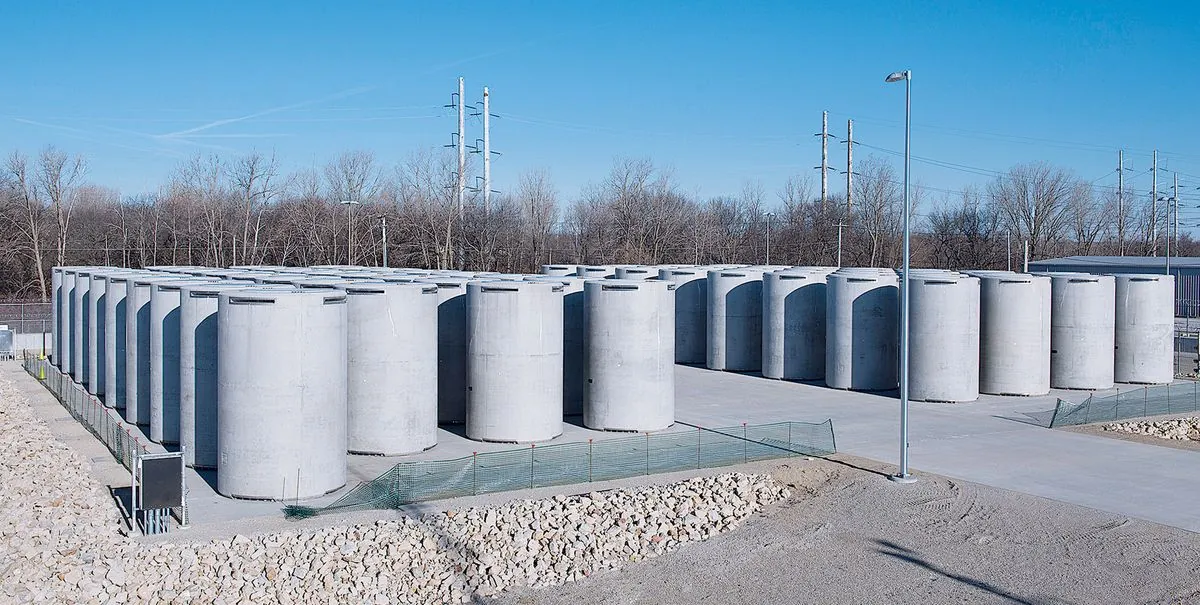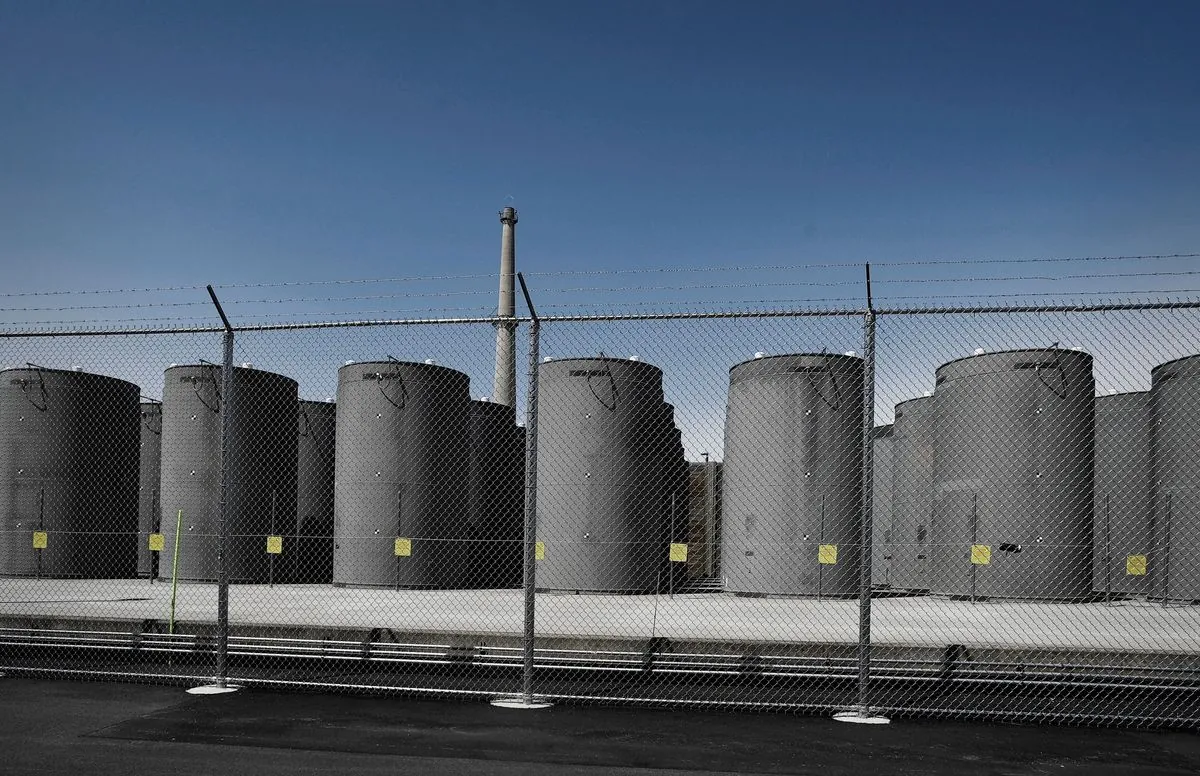Supreme Court to Rule on Nuclear Waste Storage Authority
The U.S. Supreme Court will decide on the Nuclear Regulatory Commission's authority to license nuclear waste storage facilities, following a challenge to a Texas project. The case impacts decades of nuclear waste management practices.

The U.S. Supreme Court has agreed to hear a case that could significantly impact the nation's nuclear waste management practices. The court will determine whether the Nuclear Regulatory Commission (NRC) has the authority to license nuclear waste storage facilities, following a lower court ruling that challenged this long-standing practice.
This case stems from a 2021 NRC license granted to Interim Storage Partners for a nuclear waste storage facility in western Texas. The license faced opposition from Texas, New Mexico, and oil industry interests, leading to a legal challenge. While two federal appeals courts rejected these challenges, the 5th U.S. Circuit Court of Appeals ruled against the NRC's authority, citing the Nuclear Waste Policy Act of 1987.

The NRC, established in 1974, has been issuing licenses for temporary storage of spent nuclear fuel since 1980. This practice was implemented to address the growing need for off-site storage of radioactive waste from nuclear reactors. Currently, the United States has over 80,000 metric tons of spent nuclear fuel stored at various sites across the country.
The Supreme Court's decision, expected by June 2025, could have far-reaching implications for the nuclear energy sector, which provides about 20% of the United States' electricity. The Biden administration argues that the lower court's ruling would disrupt the industry's operations.
This case highlights the ongoing challenges in managing nuclear waste, which can remain radioactive for thousands of years. The U.S. has struggled to establish a permanent storage solution, with the Yucca Mountain Nuclear Waste Repository project in Nevada facing significant opposition and funding issues since its approval in 2002.
The proposed facility in Andrews County, Texas, a region with a population of approximately 18,000, has drawn criticism from oil and gas interests due to its location within the Permian Basin, the largest petroleum-producing basin in the United States. Opponents argue that the facility poses environmental risks and could potentially impact the region's crucial oil and gas operations.
"For years, the Nuclear Regulatory Commission and two private corporations have attempted to force Texas and New Mexico into accepting stockpiled radioactive waste."
The Supreme Court's ruling will not only affect this specific case but could also impact the broader framework of nuclear waste management in the United States. The court's decision will be closely watched by the nuclear industry, environmental groups, and state governments alike, as it may shape the future of nuclear energy and waste storage policies in the country.
As the case unfolds, it's worth noting that the concept of interim storage facilities aims to provide a temporary solution until a permanent repository becomes available. The ongoing debate reflects the complex challenges of balancing energy needs, environmental concerns, and long-term safety in nuclear waste management.


































